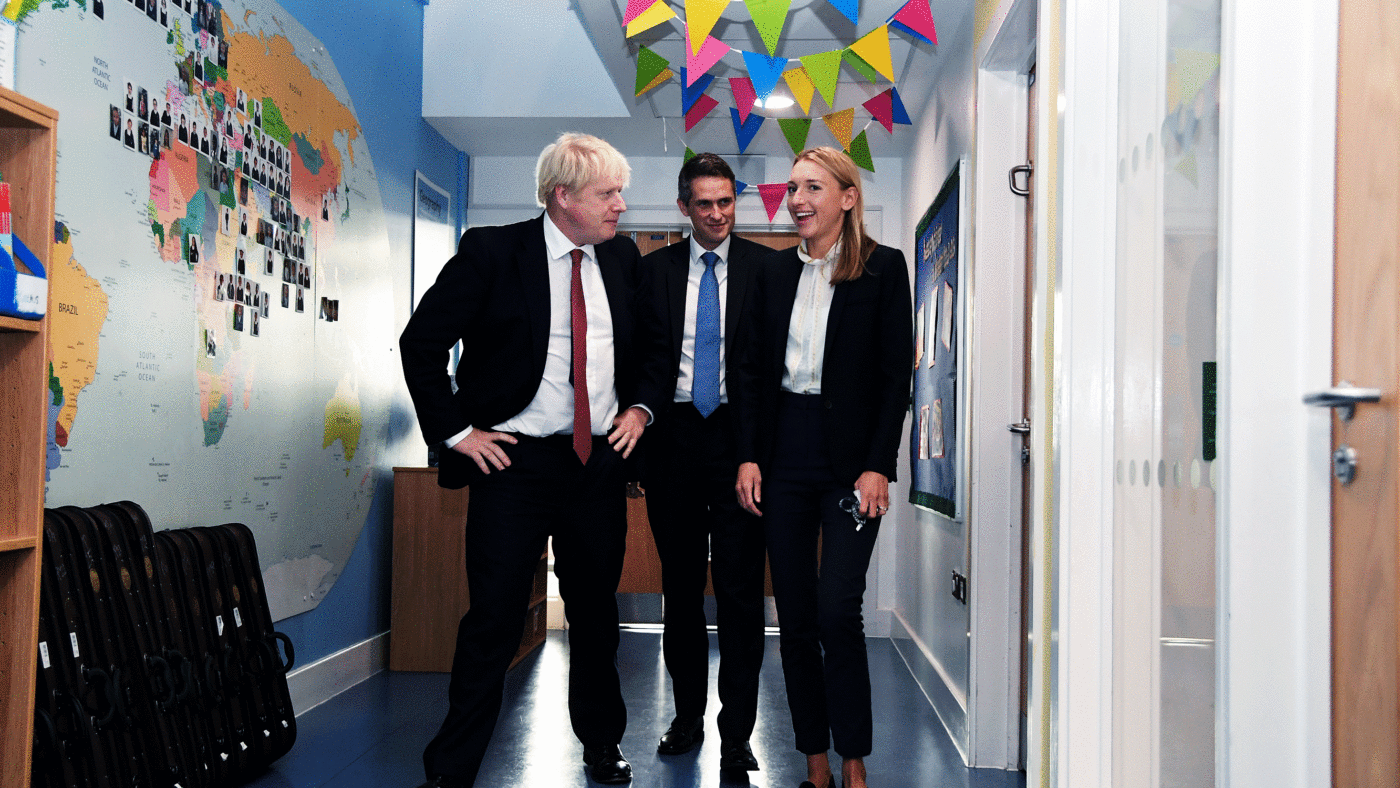An unhappy feature of the various Conservative-led governments since 2010 is that they seem able only to focus on one or two policy priorities at a time.
Back in the days of the Coalition, the most prominent was education – with Michael Gove driving forward a potentially transformative overhaul of how English schools were organised. It looked like it might be David Cameron’s enduring domestic legacy, but when Gove was moved ahead of the 2015 general election all the dynamism went out of it.
There were some forlorn gestures towards grammar schools under Theresa May, but by the time Boris Johnson had to put his vision to the public in 2019, the Tory offer on education had shrunk to a single page of mostly recycled spending commitments.
And that was before the pandemic and the abject retreat on exam results, which may end up sinking the Government’s efforts to make pupil assessment more rigorous. Today, Gavin Williamson sticks to chasing headlines with calls to ban mobile phones in schools – despite the fact that, according to the DfE’s own estimate, 95% of schools already have some sort of policy to control phones.
It may be that there is a hard limit on the number of issues that Whitehall can (try to) do well at once, but it is frustrating how low a priority is being given to education – especially as the pandemic has illustrated why it is so important to drive structural change. It is no coincidence that it has been the academy chains (and private schools) which have fought hardest to reopen while teachers’ unions seemed bent on keeping schools shuttered as long as they could.
Moreover, education recovery couldn’t be more urgent in the aftermath of the crisis. The Government faces a huge challenge to try and mitigate the damage of so much disruption to the learning and the future prospects of a generation of schoolchildren. At the same time, it must safeguard the progress we have made since 2010 against sections of the education establishment determined to return to the bad old days.
It’s not as if there aren’t ideas out there. Eton’s decision to support three new sixth form colleges, which David James has covered for CapX, hits the sweet spot between my calls for private schools to do more to help themselves and for more selective schools in ‘left-behind’ areas.
Ministers should be working out how to offer public support to such partnerships – which under the UK Internal Market Act could operate UK-wide, not just in England – and encouraging schools to follow Eton’s example. Our top-flight private schools are powerful British brands, and a systemic effort to harness them to the cause of ‘levelling up’ is a chance to forge a uniquely Tory solution to the challenge of educational inequality.
But does the Department for Education have the courage or imagination to do it? On present evidence, it seems unlikely.
We hear a lot about how this Government is set on waging a ‘culture war’. But if so, it is doing a bad job. Cultural change isn’t delivered through outrage-mongering and headline-chasing, but by driving change in people’s material circumstances.
If the Conservatives really want to use this moment of hegemony to create a more conservative country, they need to overhaul the process and institutions that shape citizens. That means plentiful housing, rigorous schools, and pathways to good jobs that don’t all run through universities. It’s not quite a ‘march through the institutions’ if you do it from the top, but that’s what needs to happen.
Click here to subscribe to our daily briefing – the best pieces from CapX and across the web.
CapX depends on the generosity of its readers. If you value what we do, please consider making a donation.


